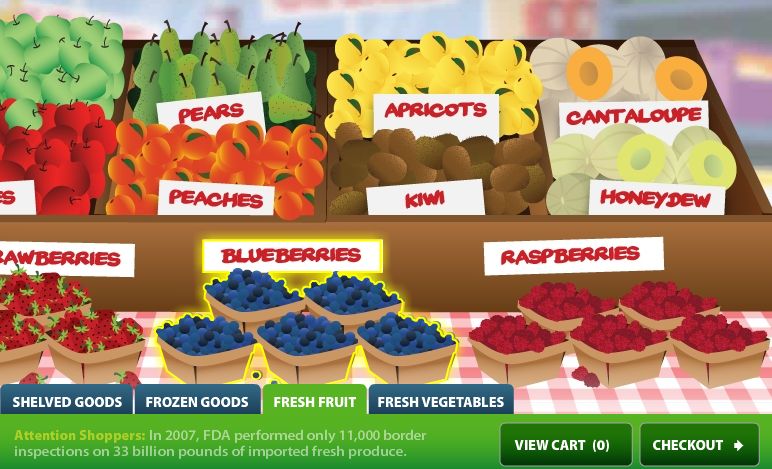 Gene, one of the great and beloved mentors of my life in Appalachia, passed away last fall. He taught me to grow things, as well as the art of patience, and exuded a sort of grace and quiet empathy that few old men possess. His eyes never ceased laughing.
Gene, one of the great and beloved mentors of my life in Appalachia, passed away last fall. He taught me to grow things, as well as the art of patience, and exuded a sort of grace and quiet empathy that few old men possess. His eyes never ceased laughing. Today I was reminded of him in an abrupt and tactile moment in the farmers' market, combing through a bin of dirt-flecked potatoes. Suddenly I saw his gnarled hands instead of mine, picking through another bin of potatoes, wedding ring winking in the half-light of the root cellar. My heart felt full and taut.
Today I was reminded of him in an abrupt and tactile moment in the farmers' market, combing through a bin of dirt-flecked potatoes. Suddenly I saw his gnarled hands instead of mine, picking through another bin of potatoes, wedding ring winking in the half-light of the root cellar. My heart felt full and taut.I wrote the following when I received news of his death this past October, and thought I might share it with those of you who still check this poor old blog now and then. I hope it conveys the love and gratitude I felt, and will always feel, for this strong, gentle grandfather.

Elegy for Gene
By the time I met you –
A Victorian doll clambering up your ragged
Denim knees, kissing silver stubble –
You did not till the earth,
Wear a soldier’s uniform,
Chop wood for the fire,
Touch your wife.
You did quiet, womanish things –
Picked cherries,
Took scraps out to the dogs,
Read a thousand books.
You wore dusty overalls and bragged about
Her pound cakes –
In fact, when you spoke, it was like a bottle uncorked
And the two of you sang folkwise duets
Lyrically impossible, but such sweet melody:
These were the songs of my childhood,
Raising me up in the soil.
It’s been years since you hoisted me into the cherry trees,
Since you fetched potatoes from the root cellar
Or shaved your own face.
Mostly you’ve slept,
Or half-slept in a medicated haze,
Curled on the couch –
Your face cool, but familiar to my kisses.
The last time I saw you
We sat together at the kitchen table in the farmhouse,
Each with a cool jar of water from the well
Though you didn’t drink yours, or even hold it.
You answered my questions sparely,
And didn’t speak beyond them –
How are you feeling?
And, I love you, I love you, I love you.
Later I peeled your white cotton undershirt
Off the weeping yellow lesions burned into your back –
Melanoma, just removed –
And spread antiseptic balm
With my fingers.
I helped you, gingerly, into a new shirt.
One fourth your years, or nearly,
I am for the first time an adult –
For the first time, permitted these intimate acts.
This is not an embarrassment for you, old father,
But an honor for me –
My fingers in your wounds.
I ate a warm wedge of pound cake
And you rolled your wheelchair back and forth
Over the one creaky floorboard,
A minuscule movement
Driving her to feigned distraction –
Exasperation covering her relief
That your playful self was still inside that gory husk
Just as your age and pain
Concealed your mirth.
The hummingbirds suckled a feeder at the window,
Their hearts in their ruby throats
Thrumming, thrumming
‘til the earth.
October 6, 2008



